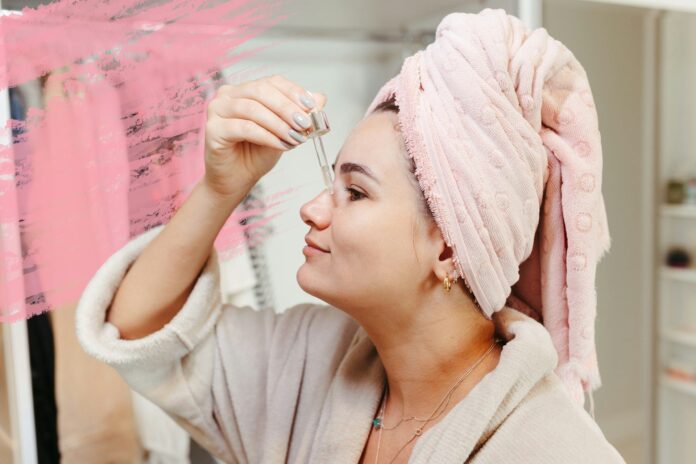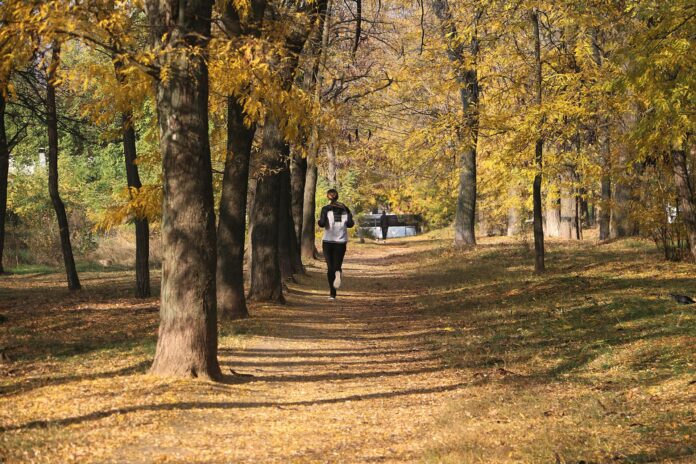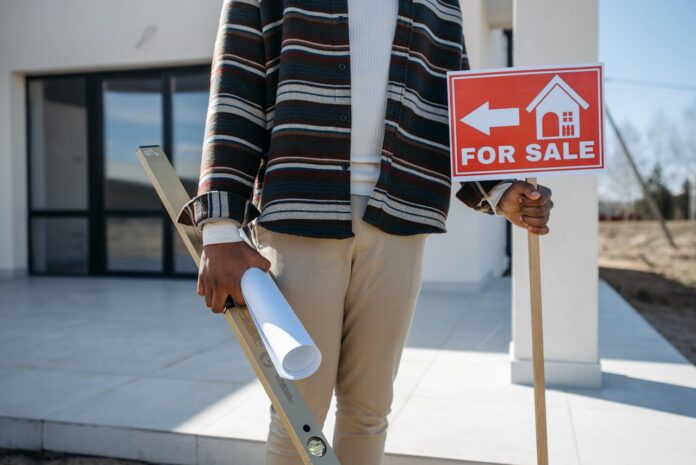For all too many of us, feeling sleep deprived is sadly our modus operandi. Ask a room full of adults whether they’re satisfied with the quality of their sleep and we’d wager you’d be met with dissenting, drowsy voices from every corner.
Study after study reveals that over a third of Brits aren’t getting enough sleep. In fact, as Time reports, a study of 13 countries has suggested that those living in the United Kingdom are the most exhausted of all, with 37% dissatisfied with their daily zeds.
The Guardian also reports that it’s estimated a third of British adults suffer from chronic insomnia, and as we type this through tired fingers and bleary eyes, we’re feeling that figure full on.
We all know that long-term sleep deprivation puts you at risk of serious medical conditions such as heart disease, obesity and diabetes and can even shorten your life expectancy.
And as anyone who has suffered through sleepless nights will attest, it can affect our social lives, too. Just ask yourself how many times you’ve cancelled on a friend because you were too tired? Or how difficult a social event was because you were only operating at about 1%? Well, did you know that poor sleep can wreak havoc on your social life as sleep-deprived individuals are less socially attractive to others?
Research by the University of California reveals that if you haven’t slept enough, you may seem more socially unacceptable to others. Sleep-deprived individuals are more likely to feel lonely and less inclined to interact with others, too.
Does this mean that your well-rested pals are social butterflies? Not entirely, as the study also suggests that someone who is otherwise well-rested may even feel lonely after a brief encounter with a sleep-deprived person. This in turn can potentially trigger a viral contagion of social isolation. Phew, as if COVID wasn’t enough to deal with.
It’s a vicious cycle, as Dr Matthew Walker, professor of psychology and neuroscience at Berkeley, points out; “the less sleep you get, the less you want to socially interact. In turn, other people perceive you as more socially repulsive, further increasing the grave social-isolation impact of sleep loss.”
The latest thinking suggests that adults need somewhere between seven and nine hours sleep a night to properly recharge their batteries. If you think that a lack of sleep is affecting your social life, and you’re keen to stay socially active and make new friends, then it might be time to place more emphasis on the importance of sleep. But how do you do that? Let’s explore.
FIX UP YOUR ROOM
This is perhaps the easiest way to start addressing your sleep deprivation. Creating a bedroom that encourages sleep can be transformative, and the first thing to transform in your bedroom should be your bed. Indeed, there’s not going to be much chance of you getting a good night’s sleep if you’ve got an uncomfortable bed.
But where do you buy a good mattress? According to the trusted guys and gals over at T3, the best mattress money can currently buy is the luxurious Simba Hybrid Pro. Priced at £1,419, it does represent one hell of an investment, however. Next up is the Emma original mattress, which they say is the best value mattress you can buy, priced at £649.
If that’s a little out of your price range, too, then consider a trusty IKEA mattress, which tends to be a little more affordable. This IKEA mattress study of reviews from Slumber Search reveals that the most popular IKEA mattresses are the Morgedal foam mattress, with the Haugesund considered the best rated mattress overall. That said, with both these mattresses, there have been questions hanging over their durability. So maybe spending more from the outset is a better idea?
Anyway, we’ve bored ourselves to sleep going on like this (erm, isn’t that the point?)….so let us redirect you to our article on 5 steps to a better night’s sleep via bedroom design for more tips on how to fix up your room for a better night’s sleep.
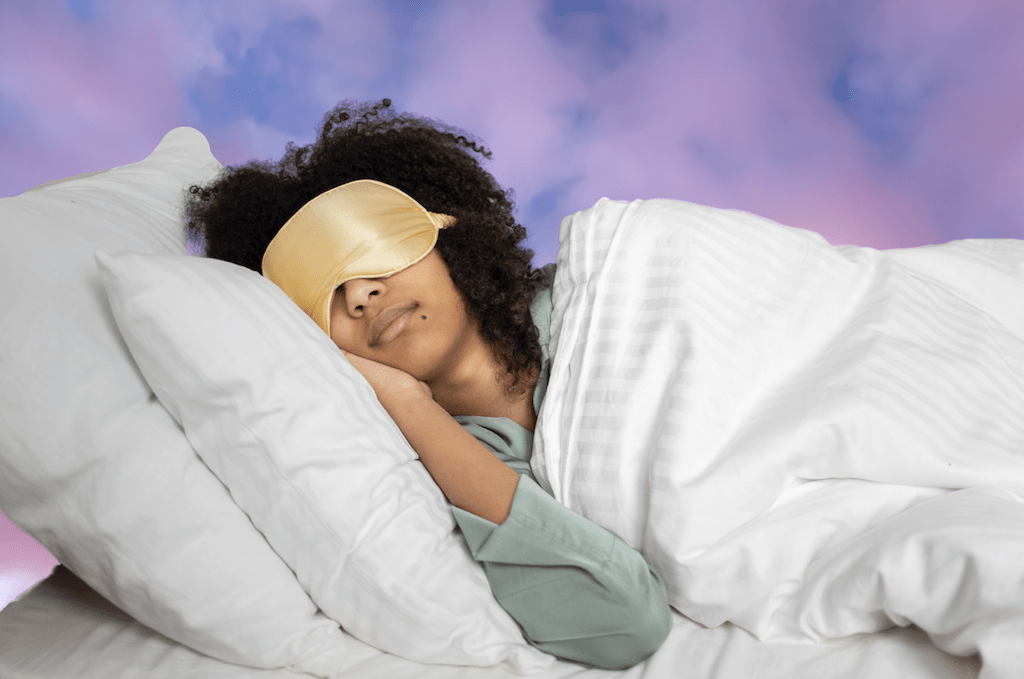
GET INTO A BEDTIME ROUTINE
Melatonin…we’re sure you’ve heard of it, right? Well, the hormone’s importance to sleep can’t be overstated; it acts on the receptors in your body to encourage sleep and responds to external prompts to do so.
Humans are creatures of habit and a good bedtime routine is an essential tool in promoting that response, since your body can anticipate a shift in gears – whether that’s brought on by a dimming of the lights, a turning off of the phone, or a change into comfy clothes – and begin to produce melatonin.
Over time, your brain can learn to associate various elements of your routine with the onset of sleep. In doing so, it can start to produce melatonin, helping to regulate your circadian rhythm and facilitating a natural, easy transition into sleep.
ADDRESS WHAT MAY BE HARMING THE QUALITY OF YOUR SLEEP
Many of us self sabotage sleep on a regular basis, not always deliberately, but more often because we’re not even away we’re doing it.
This is particularly true of our phone use, which can mess with our circadian rhythm dramatically in the run-up to bed. Indeed, your device’s dopamine drip-feed may be having a catastrophic effect on the quality of your sleep, particularly if you’re scrolling before bed. This is largely down to blue light which can interrupt your body’s production of – you guessed it – melatonin, which needs darkness to do its thing.
But that’s not all; excessive phone use prior to lights out and eyes shut can leave your brain far too stimulated to settle into sleep. Because of this detrimental impact on rest, it’s generally advised that you should put down all devices for at least an hour before bed. Yep, even if you hear that Whatsapp Group Chat notification ping after you’re tucked up in your PJs. The delayed gratification of waiting to respond until morning might actually work in your favour!
You know what else might be harming the quality of your sleep? Alcohol. Yep, going out drinking with friends regularly and missing out on those all-important 7 hours could actually be harming your relationship with them in the long run. Instead, savour your sober time with your pals from time to time, as this can be a welcome dose of truly quality time together.
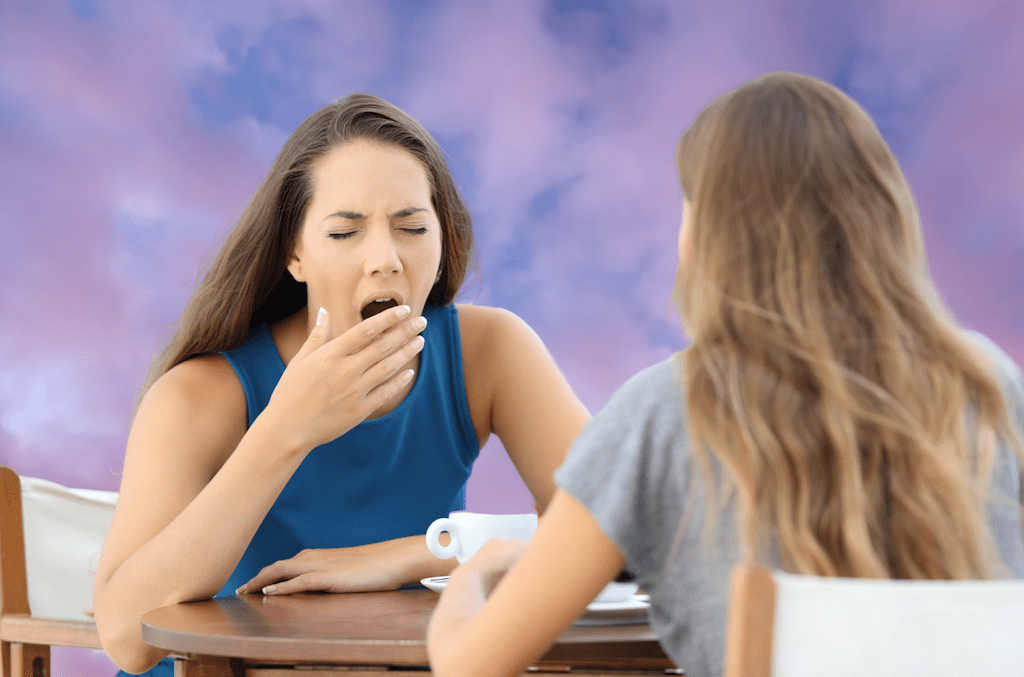
FIND AN AID THAT WORKS FOR YOU
Easier said than done, we know, but many ex-insomnia sufferers swear by the use of sleep aids – both physical and mental – to help them get better shut-eye. Just a few that have been proven to work include:
- Pillow Sprays – Aroma plays a key role in sleep promotion, and several scents are said to be particularly effective at inducing sleepiness. These include the essential oils of lavender, bergamot, valerian root and chamomile.
- Sleepy Teas – Alternatively, you could drink these ingredients in a delicious bedtime tea.
- Roll Ons – Harnessing the power of aromatic essential oils again, you simply apply the sleep-inducing scents to pressure points like the wrists and temples.
- Weighted Blankets – Feeling a little like a warm cuddle from a loved one, weighted blankets have been said by the likes of Harvard to have some potential for helping with insomnia.
- The 4-7-8 Breathing Technique – Simply inhale for 4 seconds, hold the breath for 7 seconds, and exhale for 8 seconds, similar to a meditation breathing exercise. And repea….Phew, we dosed off there for a second.
- Cognitive Shuffling – Like a little pre-sleep brain game.
- Counting back from 1000 – do we really need to count this one out?
- The Military Method – a technique the US Navy Pre-Flight School developed to help recruits fall asleep fast.
THE BOTTOM LINE
If you feel like your social life has taken a nosedive recently, then don’t worry; you’re still the lovely, charming person you always were. Instead, it might be the quality of your sleep that’s affecting that sense of community and camaraderie you used to treasure. Try the above methods for getting your sleep back on track, and see your social life gain health and strength again in tandem!


